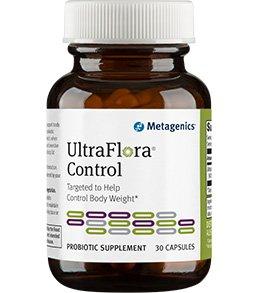
Contrary to how it looks, It is not a curse word. The MTFHR gene provides information needed for making the enzyme called methylenetetrahydrofolate reductase (MTFHR). This enzyme is required for processing amino acids The mutation of this gene results in poor methylation and enzyme production. Some, people with this genetic mutation may never experience noticeable symptoms while others develop serious, long-term health problems. The MTFHR gene mutation is believed to affect 30-50% of the population. It is inherited and passed down from parent to child. You receive genetic information from your mother and your father. So it is possible that you received only one genetic mutation making your risk lower than if you receive the mutation from both parents. It is believed that 14-20% of the population has the more severe mutation that affects overall health more significantly. If you have this mutation, particularly a homozygous mutation (coming from both parents), you are at higher risk of developing certain diseases like Alzheimer’s, atherosclerosis, autoimmune disorders, autism, ADHD and mood disorders. An MTHFR gene mutation can change the way some people metabolize and convert important nutrients from their diets into active vitamins, minerals and proteins. Genetic mutations can also alter neurotransmitter and hormone levels. In some cases, changes in how this enzyme works can affect health parameters, including cholesterol levels, brain function, digestion, endocrine functions and more. Can I reduce my risk if I have this gene mutation? Yes, you can reduce your risk by supplementing with methylated forms of B vitamins. Adding more folate to your diet can help your body create the active form of MTFHR, thus improving your risk of developing disease. Below is a list of high folate foods
- Beans and lentils
- Leafy green vegetables like raw spinach
- Asparagus
- Romaine
- Broccoli
- Avocado
- Bright-colored fruits, such as oranges and mango
Proper supplementation with probiotic, Omega 3 fatty acids as well as maintaining a clean diet, free of processed foods serves to help reduce your overall risk of disease and inflammation. Stress management and adequate amounts of sleep are also important factors in managing your risk.


